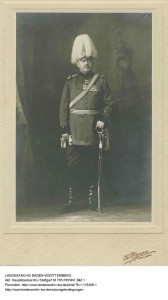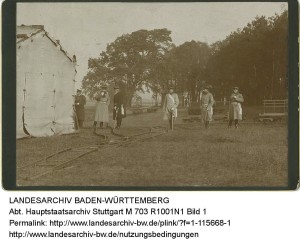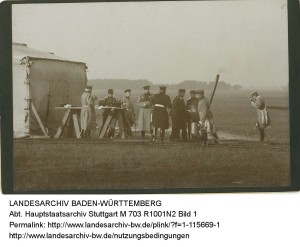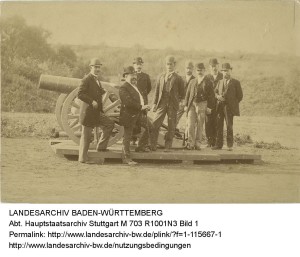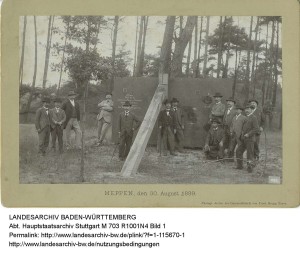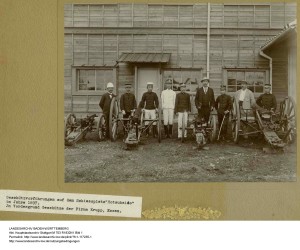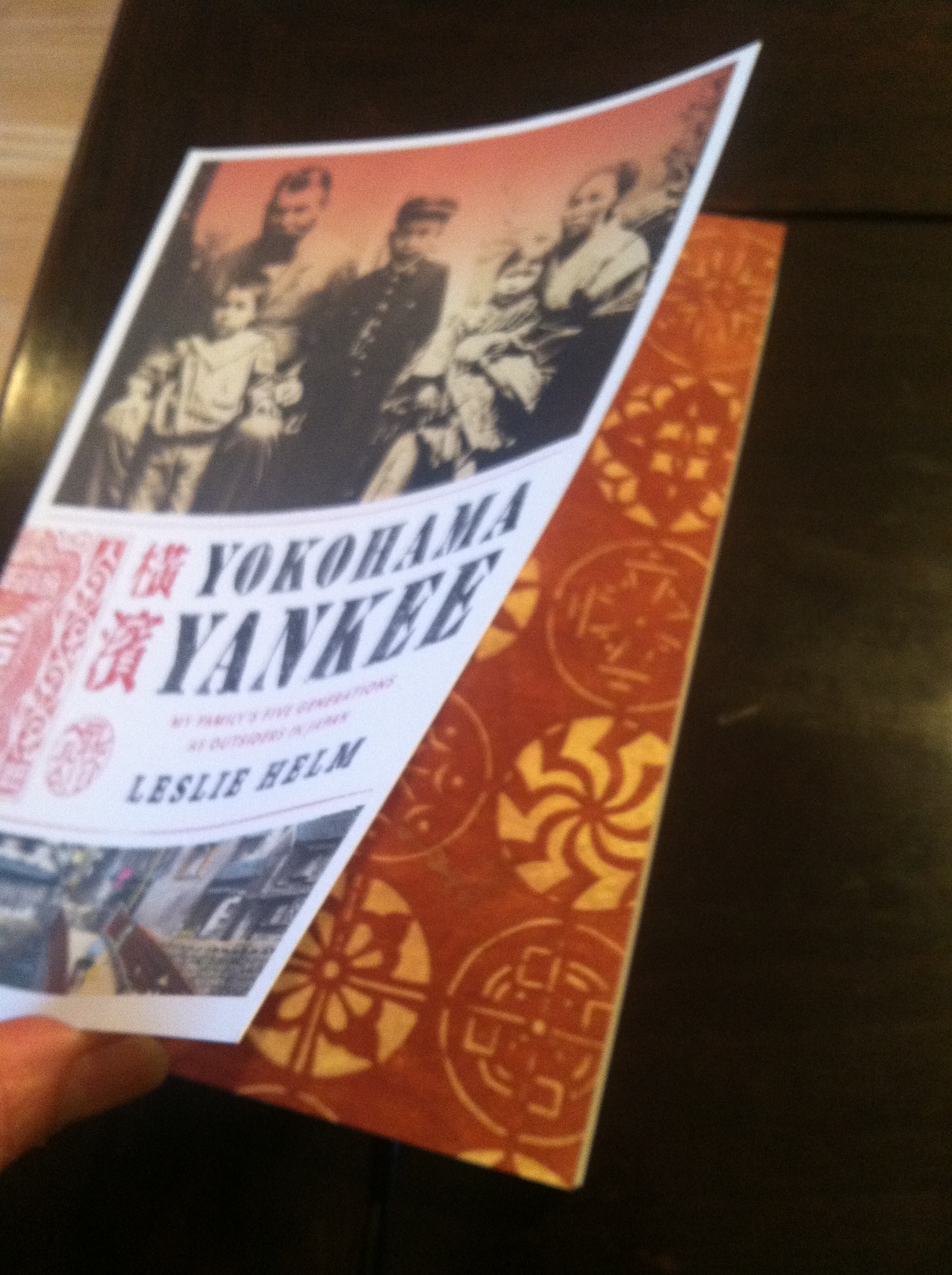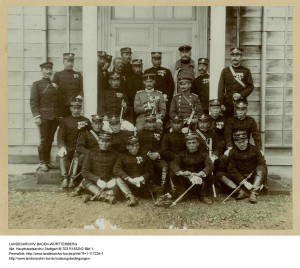 Arms merchants are having a field day supplying virtually every side of the Mideast conflict whether its Saudi Arabia or Israel. An article in Foreign Policy make the convincing case that the U.S. demonized Iran in part because it needed a convincing new enemy to support continued defense spending. The Bush administration manufactured evidence of Iraq’s “weapons of mass destruction” as an excuse to invade Iraq. At the time, a Boeing employee I know suggested it was no coincidence that a lot of missiles in the U.S. inventory had to either be used or decommissioned.
Arms merchants are having a field day supplying virtually every side of the Mideast conflict whether its Saudi Arabia or Israel. An article in Foreign Policy make the convincing case that the U.S. demonized Iran in part because it needed a convincing new enemy to support continued defense spending. The Bush administration manufactured evidence of Iraq’s “weapons of mass destruction” as an excuse to invade Iraq. At the time, a Boeing employee I know suggested it was no coincidence that a lot of missiles in the U.S. inventory had to either be used or decommissioned.
I am particularly sensitive to the west’s tendency to make money off of war because of the role my own family played in militarizing Japan. My great-grandfather Julius, was among a small band of German soldiers who helped to introduce conscription to Japan. 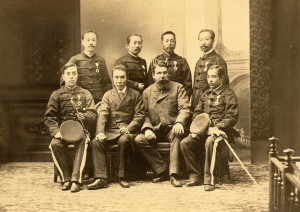
The picture on the right shows my great-grandfather with members of the Japanese army in the late 1800s.
My cousin, Stefan Schinzinger, was doing some of his own research when he came across a German archive with pictures of another family arms merchant. Albert Schinzinger, my grandfather Robert Schinzinger’s uncle, represented Krupp in Japan. The pictures below appear to show Albert on a shooting range in Hokkaido demonstrating the power of the artillery that he was selling to Japan as it built up its army in preparation for war with Russian. The West would later complain about the militarization of Japan, but at the turn of the century, when Britain and the United States was fearful of Russian expansionism, they were happy to see Japan’s rising military strength. They not only supplied Japan with arms, but they wrote frequently about how well the Japanese soldiers were trained. During the Russo-Japanese war, much of the press glorified the exploits of the Japanese soldiers. Here are the pictures. The first picture is of Albert Schinzinger many years later when he was appointed honorary Japanese consult in Berlin. After World War I, when German was enemy to Japan, Albert would co-found a company that would play a key role in developing a closer relationship between the German and Japanese navies, the beginnings of what would later be the alliance of axis powers.